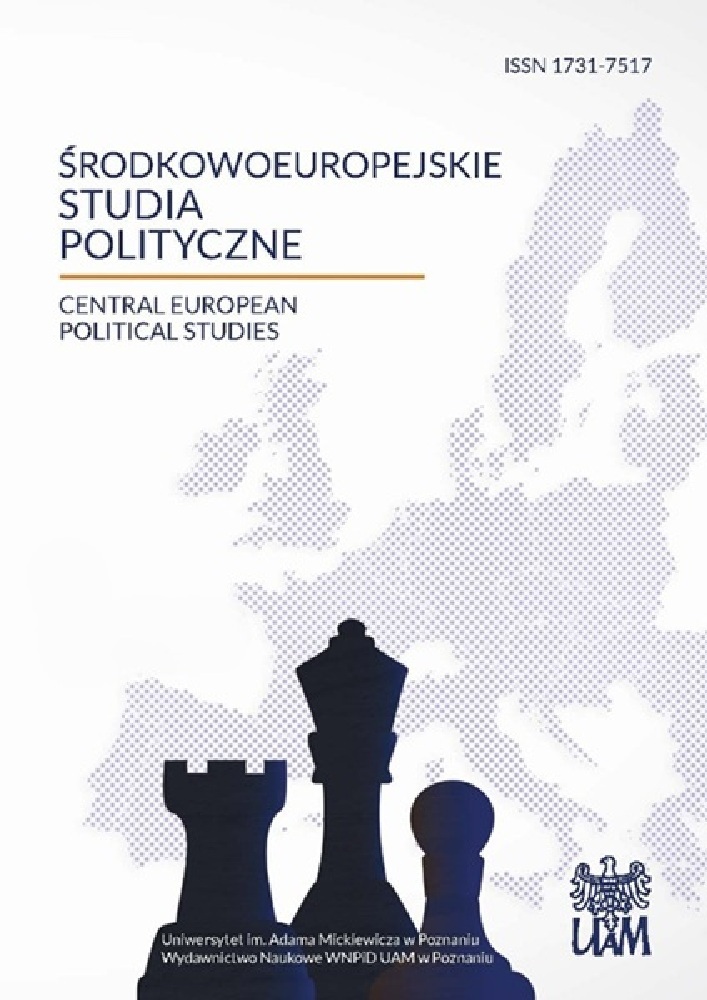Abstract
The anti-Occidental turn of Russian policy does not have to be permanent as the Russians still have a strong feeling of belonging toEuropean culture and civilization; yet winning the Russian Federation’s ‘backing’as a partner of theWest will be difficult and significantly more costly than it would have been in the early 1990s, when Russia was ready to make considerable concessions, to undergo the process of modernization and democratization in return for being included in the ‘common European home.’The consequence of current processes in the international environment is that Gorbatchev’s vision, which became the foundation for the pro-Western turn in Russian policy, has never been further away from its implementation.
License
Copyright
© 2010, Uniwersytet im. Adama Mickiewicza w Poznaniu, Wydawnictwo Naukowe Instytutu Nauk Politycznych i Dziennikarstwa
OPEN ACCESS
